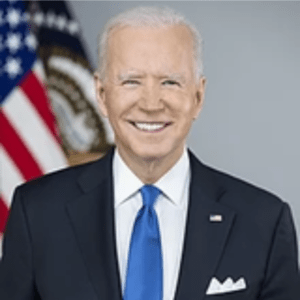"New Series 'All Over the Map' Explores Republican Perspectives Ahead of Election Day"

The journey embarks from the heart of Iowa, a state renowned for its pivotal role in shapin presidential races. With only a brief five-month runway remaining until the first-in-the-nation vote, the Iowa State Fair becomes an emblematic juncture for the contenders. As they descend upon this gathering, it signifies a turning point for their campaigns and a tangible benchmark for their aspirations. Against this backdrop, “All Over the Map” plunges into the bustling economic and political tapestry of Iowa, engaging its residents in candid and enlightening conversations.

One of the most fascinating aspects is the kaleidoscope of perspectives within the Republican party. There are those who acknowledge President Biden’s influence through accessible grants and tax credits, seeing them as a testament to his administration’s initiatives. Yet, there’s also a palpable undercurrent of hope among some, envisioning a potential revival of the former president, despite their reservations about his personal conduct. The diversity of views mirrors a broader familial and societal divide that resonates with fervor. The juxtaposition of staunch Trump supporters within the same family as ardent Democrats reflects the wider schism prevalent in today’s Republican party. Beyond this, a common thread emerges – a growing distrust in key institutions like the government and media. This shift from the aspirational optimism of the Reagan era to the more contentious and grievance-driven climate under Trump’s leadership is highlighted as a significant transition.

Zooming in further on the inner dynamics of the Republican party, the series lays bare the divisions that cut across its core. Approximately half of the party seems eager to pivot away from the Trump era, a sentiment that is distinct from the staunch support that the other half continues to extend towards the former president. This polarization of viewpoints sets the stage for a compelling and complex political landscape, one that will undoubtedly shape the party’s trajectory moving forward. Figures on the political stage, such as Tim Scott, Nikki Haley, and Ron DeSantis, are mentioned as potential figures who could sway the party’s direction.

The suburbs surrounding Des Moines emerge as a battleground where Trump’s policies and persona encounter resistance. As the series delves into the sentiments of residents in these areas, a tangible reluctance towards embracing Trump’s ideology becomes apparent. The discordance between these suburban sentiments and the former president’s messaging highlights the challenges that lie ahead for him in these crucial regions.

With the upcoming Iowa vote looming large, the series underlines its significance in molding the future of the Republican party. The increasing population of the state serves as a microcosm of broader demographic shifts that impact the political landscape. Despite Trump’s enduring appeal among Iowa Republicans, the show subtly suggests the potential for alternative candidates to resonate with the voting populace, especially within the suburbs of Des Moines.
